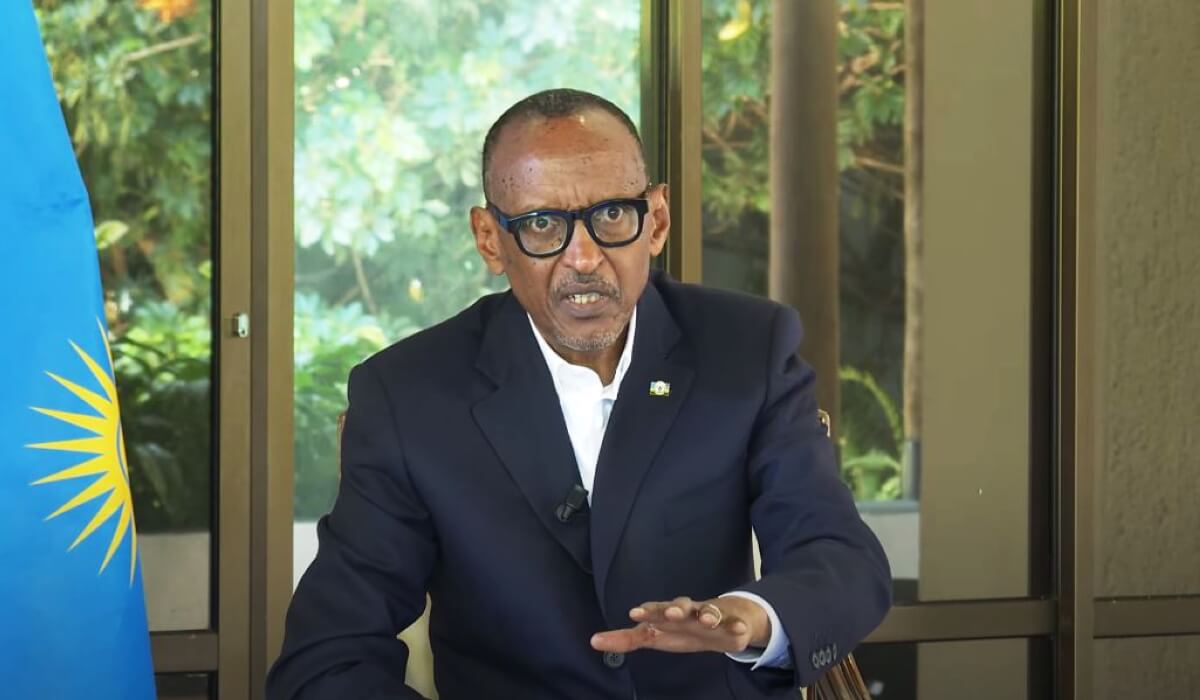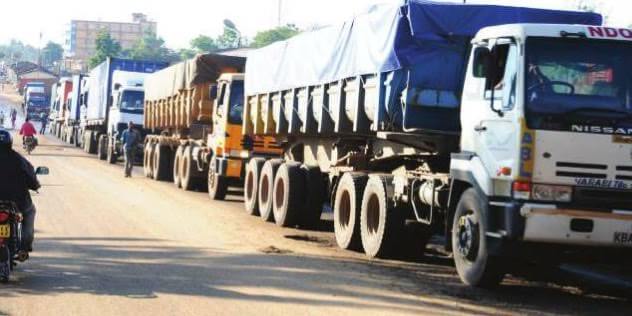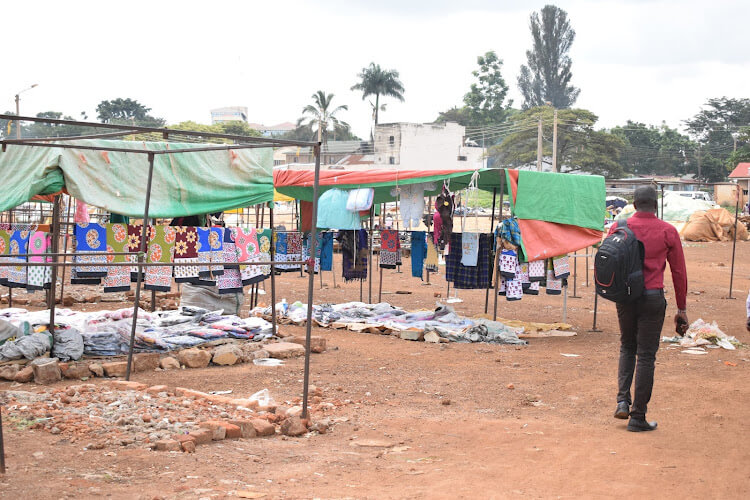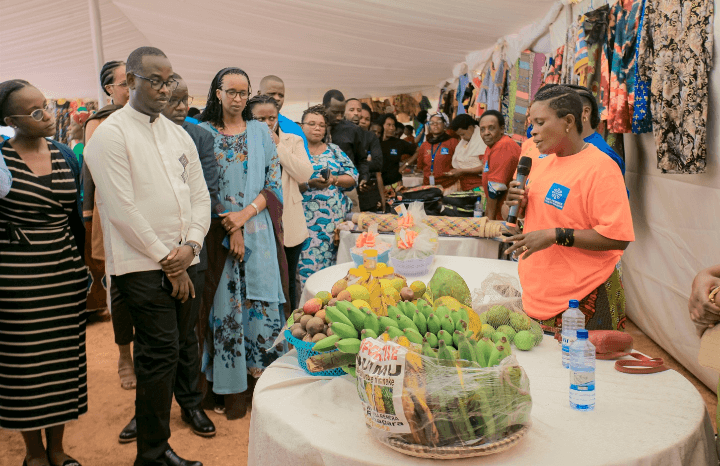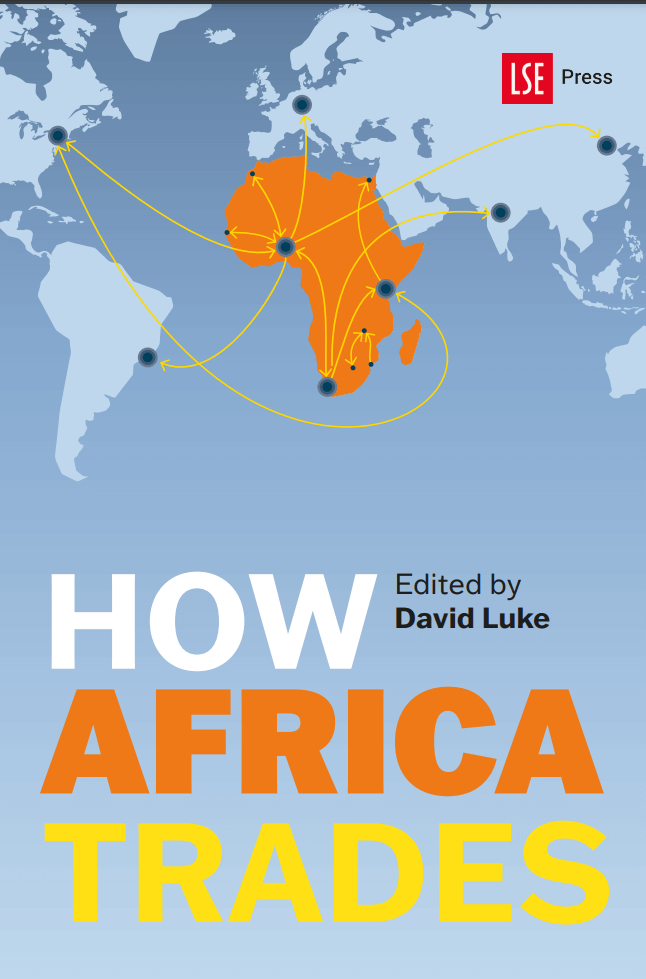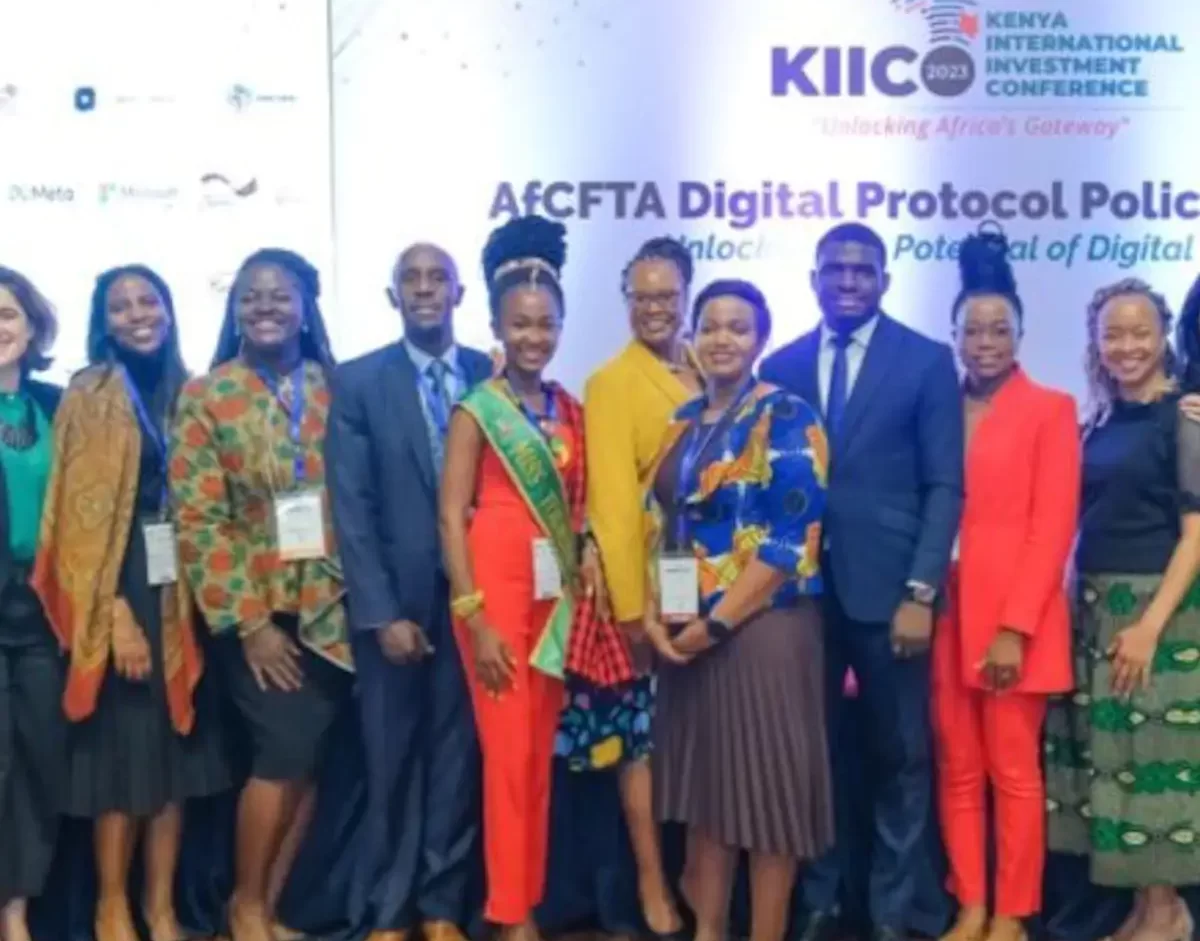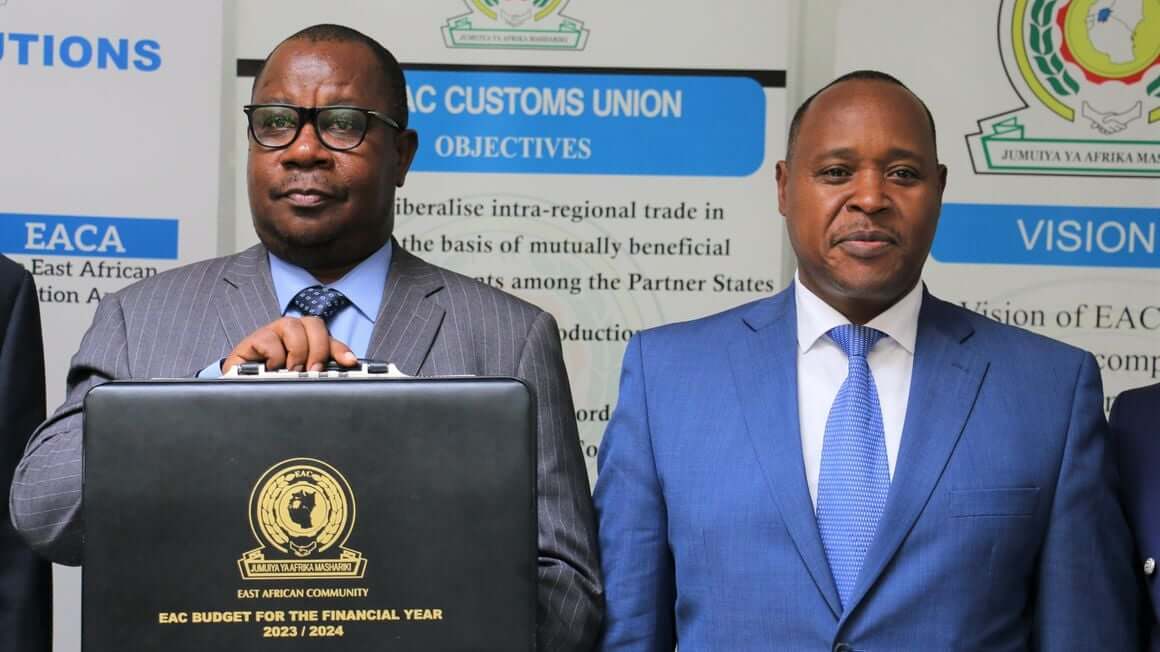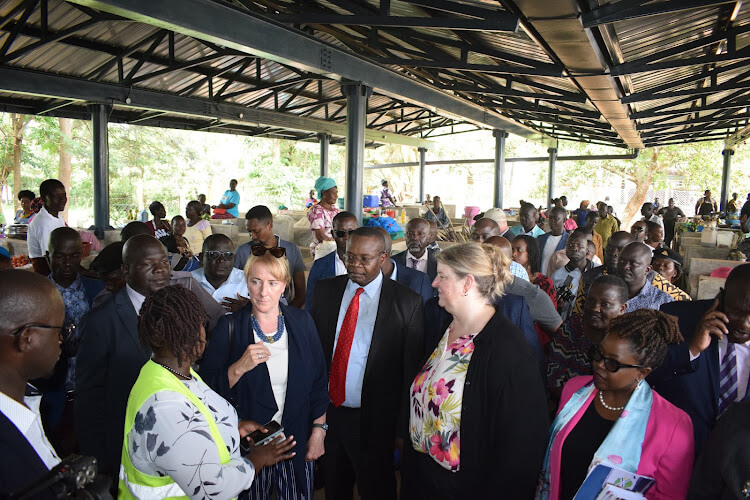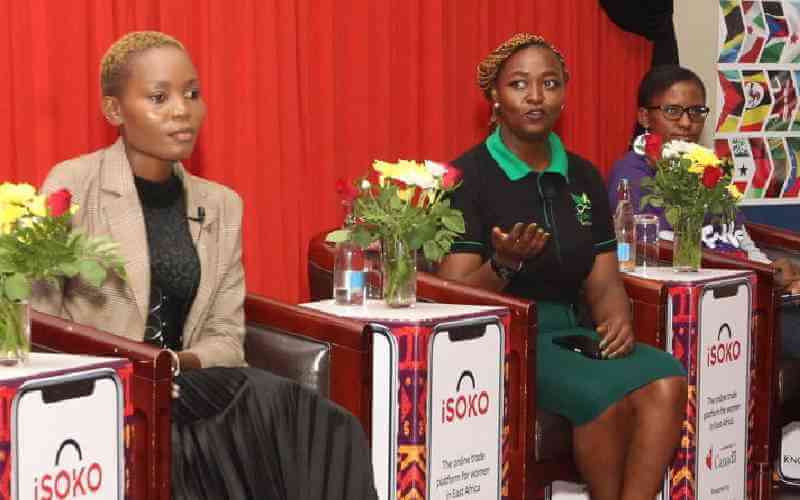President Paul Kagame has requested African leaders to move with a sense of urgency in the implementation of the African Continental Free Trade Area (AfCFTA) to boost economic value on the continent. He was speaking during a televised conversation dubbed ‘Ask the President’ on the national broadcaster, on Tuesday, July 4, where he got to answer some of the national key concerns across different sectors. With the operationalization to establish a unified market of 1.3 billion people and a GDP of around $3.4 trillion in 2021, the AfCFTA is poised to become the world’s largest free trade area with 55 member states. However, some of the important protocols of rules of origin have not yet taken shape while about 47 countries have ratified their instruments of AfCFTA agreement. Kagame said that having AfCFTA that works for everybody is still hindered by some legacy problems and misinterpretation of what the agreement means whereby countries stick to protecting the sovereignty and miss out on opportunities presented. “Your sovereignty is just a name if it does not entail freedom of people to work within and across the countries,” he emphasized. Political will is always going to be important because it is what will allow freedom of movement of people and goods, he added. “If we can have people cross borders with what they produce and the others do the same, they benefit more with having such a big market. AfCFTA is a huge asset and not a liability.” In his view, having the...
Kagame urges sense of urgency in implementation of AfCFTA
Posted on: July 6, 2023
Posted on: July 6, 2023

